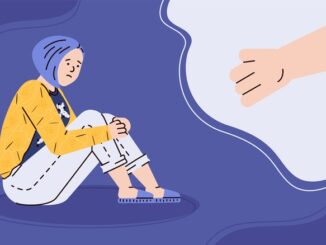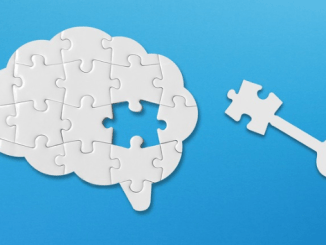
As reported by BBC News, supply issues that disrupt ADHD medication availability are leaving young individuals diagnosed with the condition to grapple with the consequences of rationing their treatment, impacting their daily lives and mental health.
Three different medicines are affected, and the government says some supply issues could last until December.
The Department for Health and Social Care (DHSC) says “increased global demand and manufacturing issues” are behind the shortages.
That’s against a backdrop of an increased awareness of the condition and a rise in demand for diagnosis and treatment.
Medication helps to manage symptoms, which can include difficulty concentrating and focusing, hyperactivity and impulsiveness.
People with the condition have told BBC Newsbeat how the shortage is affecting them.
‘I’ve completely run out’
“I’m not sure when I’m going to get more.”
It’s been a difficult week for 25-year-old Tom, from Plymouth.
Not only has he just started a new job, but he’s suddenly been unable to get hold of the tablets he takes to help manage his ADHD.
He says he ordered his prescription online as normal and received an email from his pharmacy saying there were manufacturing issues.
It’s meant getting stuck into his new job has been tricky.
“I can’t really get glued into a task that I’m meant to be doing,” he tells Newsbeat.
“I sort of go off task after maybe five minutes.
“It’s affected my home life as well, just managing general things like laundry and keeping routines like sleeping and eating.”
Tom says he’s been using his own coping strategies to help him.
“I’m trying to do as best I can with lists and writing things down and making sure things are structured but it is a lot harder,” he says.
‘I’m stockpiling’
Tom isn’t alone – the charity ADHD UK estimates, based on data from the Lancet and NICE, that 1.9m adults, roughly 3 to 4% of the UK population, have the condition.
Someone who understands Tom’s stress is 26-year-old Ellie from Manchester.
She’s just picked up her most recent prescription, but because of the shortage, she’s decided not to take her medication every day.
This is something that isn’t advised by doctors.
“I feel like I’m rationing when I should take it, because I don’t know how long this month’s worth is going to have to last,” she tells Newsbeat.
“I’m thinking how much do I actually need to get done today and is it worth me using one of these tablets?
“Or do I need to save it for a day when I’m going to need it more?”
Ellie says she usually takes her medication five days a week, but has reduced that to three times “just to make sure that I’ve got extra to last me a bit longer”.
But for Ellie, the days when she does and doesn’t take the medication are very different.
“When I’m not on my medication, I’m sluggish and I could quite easily just sit on the sofa all day,” she says.
“Whereas if I have my medication it’s like the world comes to colour and I feel bright and I’ve got energy.
“Since going on ADHD medication, my mental health is the best that it’s ever been.
“The risk of losing that feels very scary.”
She’s also angry that she’s had to find out about the shortage on social media and not had any contact from her GP or psychiatrist.
“There needs to be a system in place so that it doesn’t get to a point where any medication runs out.
“I think warning people more in advance would have been helpful as well as clearer information.”
Dr Saadia Arshad is a consultant psychiatrist, who specialises in diagnosing and treating people with ADHD.
She says the shortage of medication is “not a new issue, but it’s a recurring one”.
Dr Saadia says suddenly stopping meds can lead to patients “feeling jittery, finding it difficult to pay attention, staying focused and feeling restless”.
Even though she understands the shortage can be worrying, Dr Saadia says it’s important that people don’t take measures into their own hands.
“These medicines can be quite potent and the response to medication for two individuals is not the same,” she says.
“So please do not take any action without discussing it with your clinician.”
For people looking for other ways to help manage their symptoms, ADHD coach Leanne Maskell has this advice:
- My best advice as an ADHD coach is to apply for access to work, which can pay for you to actually access things like ADHD coaching and virtual assistant
- Exercise as much as you can and try to make this your priority in the day and build that into your routine
- Ask people for help – whether that’s your friends and family or your employer, and ask them to help you do things like making sure that you’re eating enough food and looking after yourself.
There are more resources at ADHD UK and mental health charity Mind, and tips on living with ADHD from the NHS.
The DHSC says: “We continue to work closely with the respective manufacturers to resolve the issues as soon as possible and to ensure patients have continuous access to ADHD medicines in the UK.”



Be the first to comment